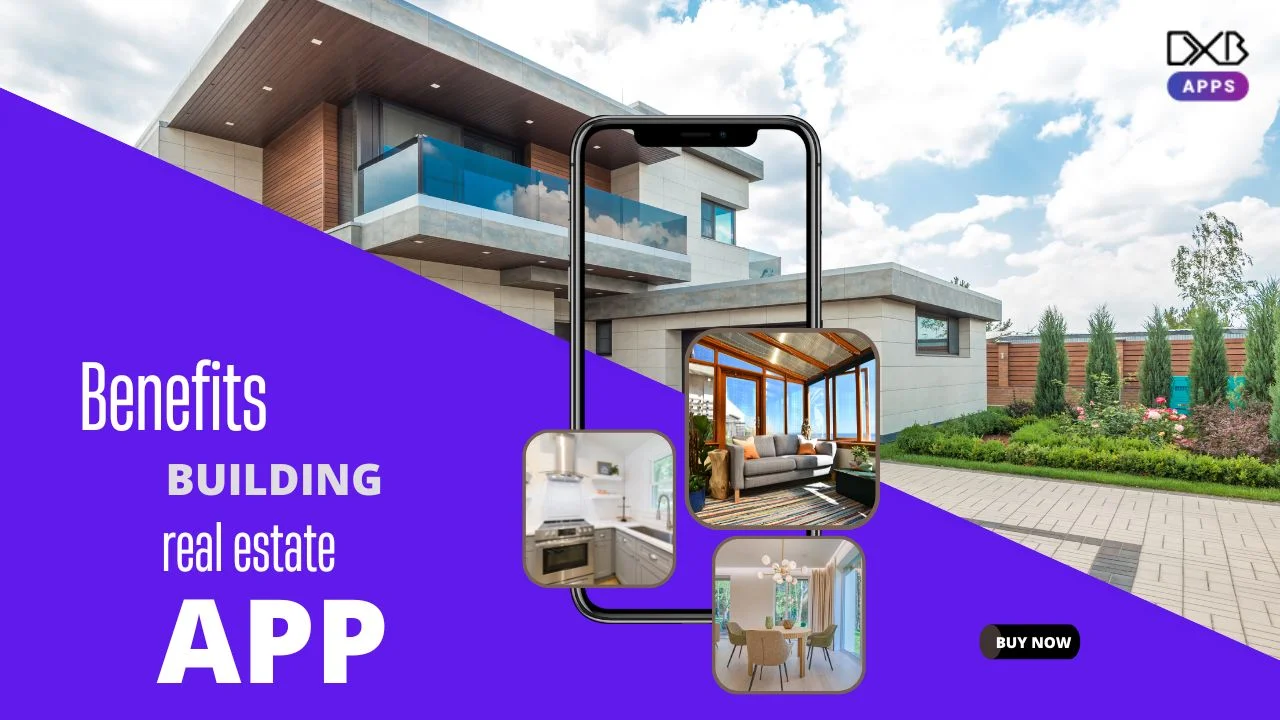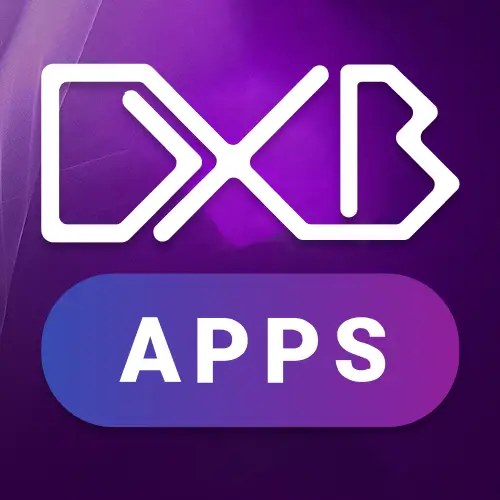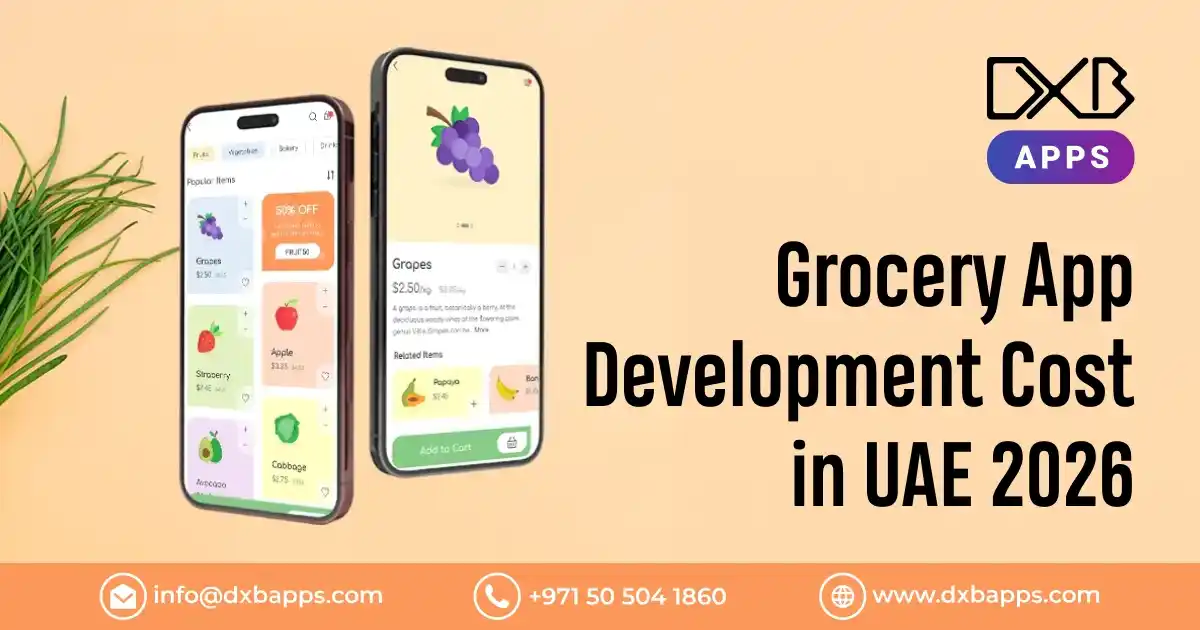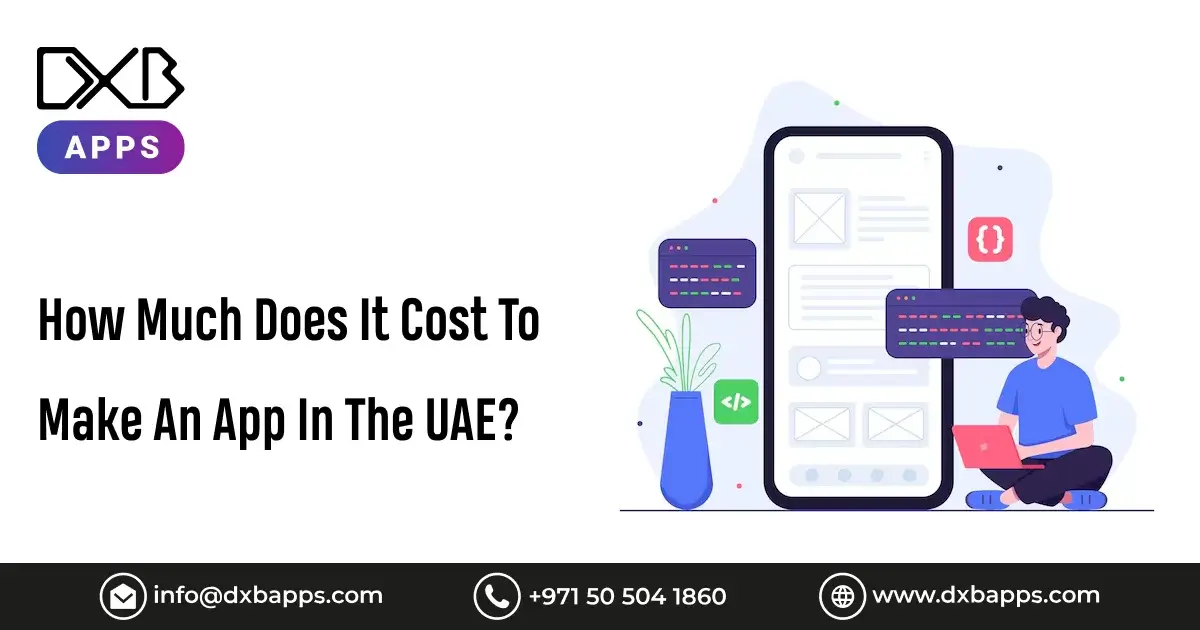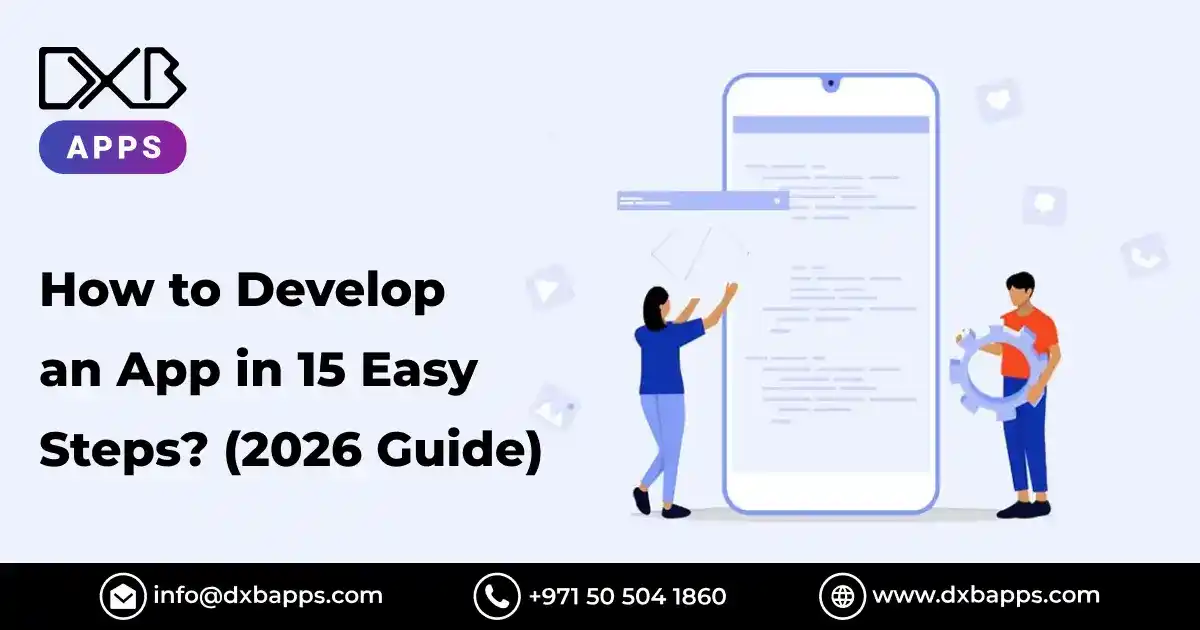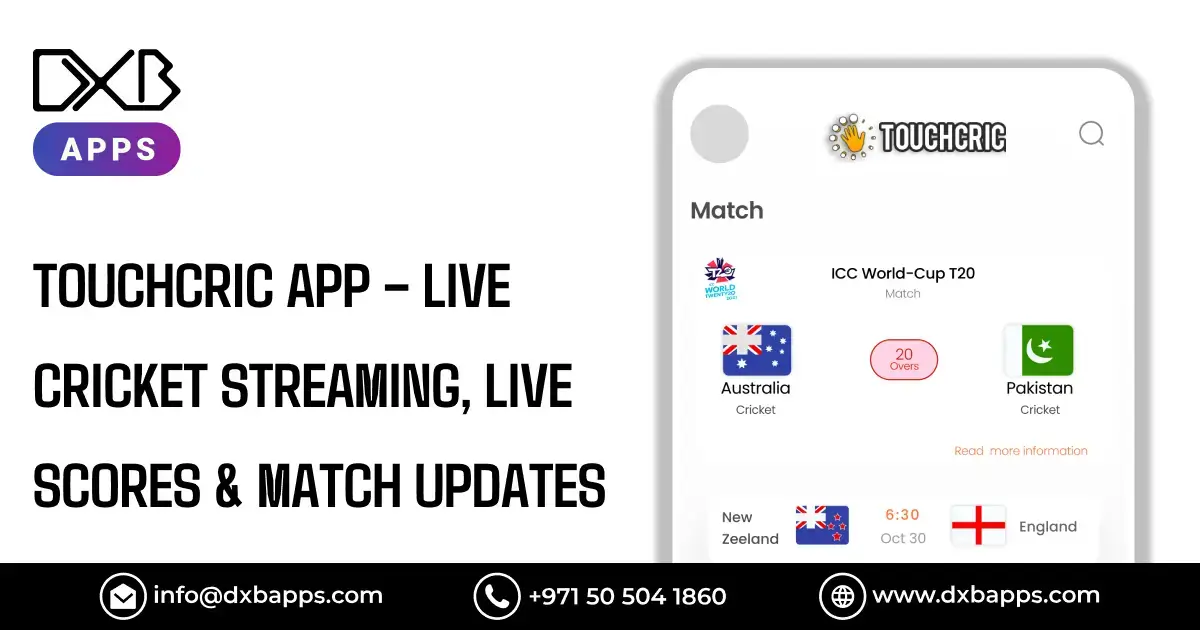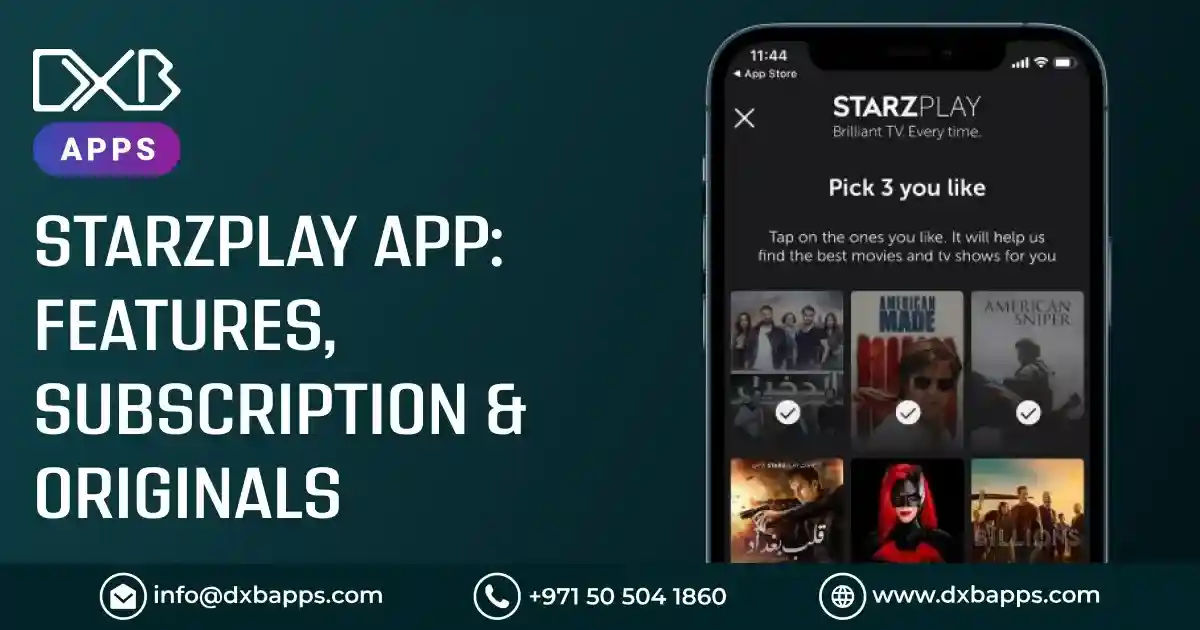You want genuine users to benefit from your real estate app concept. Today, the vast majority (97%) of homebuyers conduct their research online. After all, you want your business to be financially successful. How will you compete with market leaders in real estate apps like Zillow and Trulia?
The dominance of well-known competitors does not deter ambitious business owners. It is possible to constantly improve a product so that it becomes the market's preferred option. Continue reading to learn how to create a real estate app that users will enjoy; how much it will cost; and how to profit from it.
1. What is the appeal of property-related applications?
People have always left their homes in search of new places to call home. COVID-19 is no longer an insurmountable barrier.
The main difference between now and, say, twenty years ago is that people no longer need the help of real estate agents and brokers to find a home. These have given way to always-on, free third-party mobile applications. Having instant access to a huge database of properties must be much more convenient than making appointments to look at homes all over the city.
As a result, traditional brokerage is failing in the digital age, and real estate agents should invest more in technology.
2. How can a mobile application help a real estate company?
If you run a real estate agency and want to expand into new markets, it appears that having an app would be extremely beneficial. Customers value companies that respect their time. Therefore, you should do everything possible to resolve their issues without requiring additional effort from them. Your mobile solution benefits both your company and its customers, making it a win-win situation.
3. Who Downloads Home Buying Apps?
To solve this problem, it is necessary to identify the identities hidden behind screen aliases. Despite its size, the real estate industry only employs certain types of people.
Individuals looking for housing (potential buyers/tenants/individuals) Apps on mobile devices provide users with immediate access to the most recent information on items for sale or rent in their immediate vicinity. Customizable filters enable extremely focused search searches, saving time and allowing you to analyze a house/apartment remotely.
"Sellers" are people who sell their home or apartment. If they approach selling the house with maturity and resourcefulness, they will have a much better chance of quickly finding a suitable buyer using the app. First, real estate applications allow sellers to highlight the interior and exterior of a home in the best possible light. The importance of good graphics in marketing cannot be overstated. Second, the fact that sellers can talk to multiple potential buyers at the same time through the app helps the deal close faster.
There are real estate agents who act as go-betweens for buyers and sellers. Despite their apparent decline in popularity, the National Association of Realtors reports that 87% of homebuyers in the United States still work with agents, even if they begin their search online. Real estate agents continue to play an important role in assisting clients with life-changing financial decisions. The use of specialized applications helps automate tasks that are done over and over again and also makes it easy for specialists to get in touch with their clients.
The term "property manager" refers to both landlords and hotel employees. Setting rent, supervising repairs and maintenance, accepting utility payments, and dealing with tenant issues are just a few of the many responsibilities landlords have. If they use special mobile apps, they might be able to speed up their work and get in touch with tenants more quickly.
Engineers, architects, technicians, and others who work in the construction and development fields. Users in this group prefer specialized apps because they automate repetitive tasks, provide a unified platform for project management, and collect all relevant data in one place.
4. Real Estate Applications' Business Advantages
The benefit to consumers is obvious, but has the commercial sector been taken into account? Can you explain the benefits of a real estate app to your company?
Having an online presence is no longer a benefit, but rather a requirement for businesses. What do you do when you hear a company's name? People will look elsewhere if they can't find you on the internet (or an app store). As a result, an app raises the company's and its customers' awareness. By making your business more visible, you'll be able to interact with more customers, which will lead to more sales and a longer life.
4.1 Property-related application types
Other than the obvious buying, selling, and renting options, there are specialized types of real estate applications. One or more of the items on our list may inspire you to start a new project.
4.2 Software commerce
This is the most common type of real estate application. The vast majority are multiple listing services (MLSs), which aggregate information from various real estate firms. In this strategy, both real estate corporations and private homeowners have a platform to advertise their offerings, and prospective buyers have immediate and unrestricted access to the full range of available options. They may be able to find each other using specialized search capabilities such as geolocation, neighborhood descriptions, and photo uploads. Both parties meet (with or without real estate agents present) and reach an agreement.
4.3 Users can rent mobile applications
A smartphone app devoted to the rental market may be a useful resource for anyone looking for short-term or long-term lodging, whether for a weekend getaway, a summer vacation, or a business trip. The more options a consumer has within the app to narrow down their search for a place to stay (for example, by location, price, and amenities), the better.
Rental websites include Airbnb, Booking.com, and Zillow, to name a few.
5. Property management software (PMS)
Landlords can use property management apps to automate the management of rent payments, utility payment collection, move-ins and move-outs, and communication with tenants.
5.1 Applications that make vacation rental management easier
Owners and hosts of vacation rentals can improve the quality of their short-term visitors' experiences by using specialized apps known as hotel property management systems. Hotel owners can use these tools to manage how they talk to their guests, check on the availability of rooms, and automate a number of boring tasks.
As an example, consider the websites Guesty and Lodgify.
5.2 Property management software CRM
CRM applications for real estate help real estate agencies and their customers (buyers and renters) resolve any business-related issues. Customer relationship management (CRM) software aims to improve customer service quality by facilitating consistent two-way communication, gathering and acting on customer feedback, and satisfying customers' individual needs and desires.
Contactually and LionDesk are just a couple of examples.
5.3 Home Appraisal Techniques
The market value of a home is estimated using appraisal or house valuation tools. When the time comes to sell the property, the owner may use them to set a fair price. The estimate considers factors such as the home's square footage, age, and location. The calculations can be done with the help of Artificial Intelligence (AI) and Machine Learning (ML).
Here are a couple of examples: Price Hubble, Trulia, and Zillow
5.4 Investment management software
Real estate investing is a popular way to generate passive income, and investment software makes it simple for beginners to get started. It only takes a few minutes for users to invest in tangible land parcels. A mobile investment app can help with decision-making, risk assessment, and tax planning. Your application can handle a variety of transactions, such as auctions, trusts, and crowdfunding campaigns.
DiversyFund and EquityMultiple are two good examples.
Mobile App Development Company
6. The Importance of Mobile Apps in the Construction Industry
Construction and real estate development apps are tailored to the needs of construction businesses and include a variety of useful features such as cost estimation and bidding, time tracking, property management tools, and budgeting and cost accounting. A real estate construction application is available to the organization from the start to the finish of a project.
6.1 A Property Management App's Must-Have Features
The following features would be beneficial for a platform that connects buyers and agents:
6.1.1 Listings That Are Available
Users are most familiar and comfortable with listing data from databases. Users expect your app to provide them with a database of available residences, complete with pricing, location, and amenity information. Longer lists increase user retention and the possibility of meeting basic needs.
6.2 Maps and GPS coordinates are combined
Customers can access a map that shows all nearby lodging options whether they are out and about or at home. Trulia and Zillow are two commercial real estate apps and multiple listing services that use GPS-based search to show available and recently sold properties in a specific area.
6.3 Exploration of Digital Three Dimensions
Virtual tours, also known as visual tours or immersive tours, have recently grown in popularity in the real estate industry. The software allows users to virtually visit and explore a home in 3D as if they were there. It is made possible by room photos that have been flawlessly stitched together.
6.3.1 Signatures by electronic means
The electronic signature capability allows real estate agents to have documents signed on the fly, which is critical. It's also useful to have an app that syncs with cloud-based storage services like Dropbox, Evernote, and Google Drive, so files can be imported, tracked, and reminders can be sent directly from the cloud.
6.3.2 Taking a photograph with a smartphone
Users can simply make floor plans by moving their phone around a room and using the phone's camera. Agents may earn more money than ever before thanks to 3D space viewing, one-tap floor plan editing, the ability to add objects and furniture, and other features. The camera is used in the search feature of real estate apps; for example, with Homesnap, a user can simply take a picture of a house with their smartphone and get quick information about its estimated value, number of rooms, inside images, and more.
6.3.3 Mortgage loan calculator
When estimating the price of a home or selecting the best loan for a client, a realtor app that provides precise information on mortgage rates and monthly payments is a valuable resource. Zillow's mortgage calculator is an excellent example of this type of service.
6.3.4 Value Estimation
Previously, we distinguished resources for determining the value of real estate. A number of popular real estate apps, such as Zillow and Trulia, do, however, include a value calculation feature. Because the majority of app users only need a single function, there is still a market for specialized real estate appraisal applications. Still, it makes sense to include a value estimator if your software is not yet at the MVP stage.
Real estate CRM and task management software can help you keep your real estate team organized and productive. You can track everyone's progress, notify individuals when they have new leads, organize tasks, and set reminders using this type of application.
7. Creating a Mobile App for Real Estate
7.1 Define the concept and the intended audience
Make a plan for the app's concept and features. Which of the following statements best describes the proposed solution? Whose specifications should it meet? Buyers, sellers, real estate agents, property managers, or builders?
Investigate the market for initiatives that serve similar functions to yours. Consider the competition and how you might differentiate your application. How will your application distinguish itself from the competition?
7.2 Locate App Developers
Invest in the services of professionals who can create an effective real estate application. To find the best team of engineers to work on your project, read our article How to Find an App Developer. For more information, see the DXB App's list of construction projects.
For your proposal, we recommend the following team composition:
- An expert in management
- A task's administrator
- Backend Developers
- Designers of user interfaces
- Android-centric developers
- iOS user interface and user experience designers
Once the product is finished, proposals must be added to it. A person is unlikely to use a real estate website again if they download it but do not find any suitable properties. We intend to imply that you will need some kind of database. Local real estate offices will gladly provide you with one, or possibly several, on their terms. By working together in this way, you'll be able to add more features to the app and boost the ad revenue of the agencies that are involved.
7.3 Monetization
The goal of a real estate mobile app should still be to generate revenue, so consider how you will do so. The vast majority of apps generate revenue through one of several popular methods.
7.3.1 Mobile Advertising
The most common method of monetizing mobile applications is through banner advertisements. For a fee, building supply stores, cleaning services, interior designers, and companies that install home security systems are all fair game for a fee.
7.3.2 Plans at the most expensive price tier
Furthermore, it is common practice to grant customers free access to a subset of capabilities, with the full set of capabilities unlocked after a paid membership period or a one-time purchase. Users will choose the subscription plan that best meets their needs and avoid paying for features that they will never use. A brief free trial will give users a better idea of the service's worth.
Once a deal between a buyer and a seller has been made, the app may charge a fee or commission to the customer for mediating the deal.
7.3.3 Premium Plans
A property manager can ask the website administrator to promote one or more of the owner's postings so that more people see them. Realtors and landlords can pay to have their properties advertised to a larger audience.
Make Your Work Public Your project is now done. The databases have been connected, and the app has been uploaded to app stores.
7.3.4 APP Store Optimization
App Store Optimization (ASO) is a key part of app marketing plans because it makes apps easier to find in app stores like Google Play and Apple's App Store.
By making changes to the website, you can make your project more visible in search engine results.
7.3.5 PPC advertising
PPC advertising is a model in which the advertiser is charged every time one of their banner advertisements is clicked.
Social media marketing entails promoting the app on the project's social media sites by providing various forms of content (text posts, videos, and giveaways), as well as communicating with the page's followers (SMM).
To promote your app, connect with bloggers (influencers) on social media platforms such as Instagram, YouTube, and Facebook.
Marketing and search engine optimization (SEO/ASO) experts can assist you in putting these plans into action.
Conclusion
A real estate company must adapt to industry changes and new standards in order to remain competitive and ride the technological wave. Even though real estate websites are the norm, a real estate app can bring in a lot of new leads and take your business to a whole new level.
If you want an app that will help your business succeed, you should hire a competent developer. DXB App is excited to take on the challenge of developing a mobile app for the real estate industry. Contact us, and our specialists will gladly address any issues you may be experiencing.

